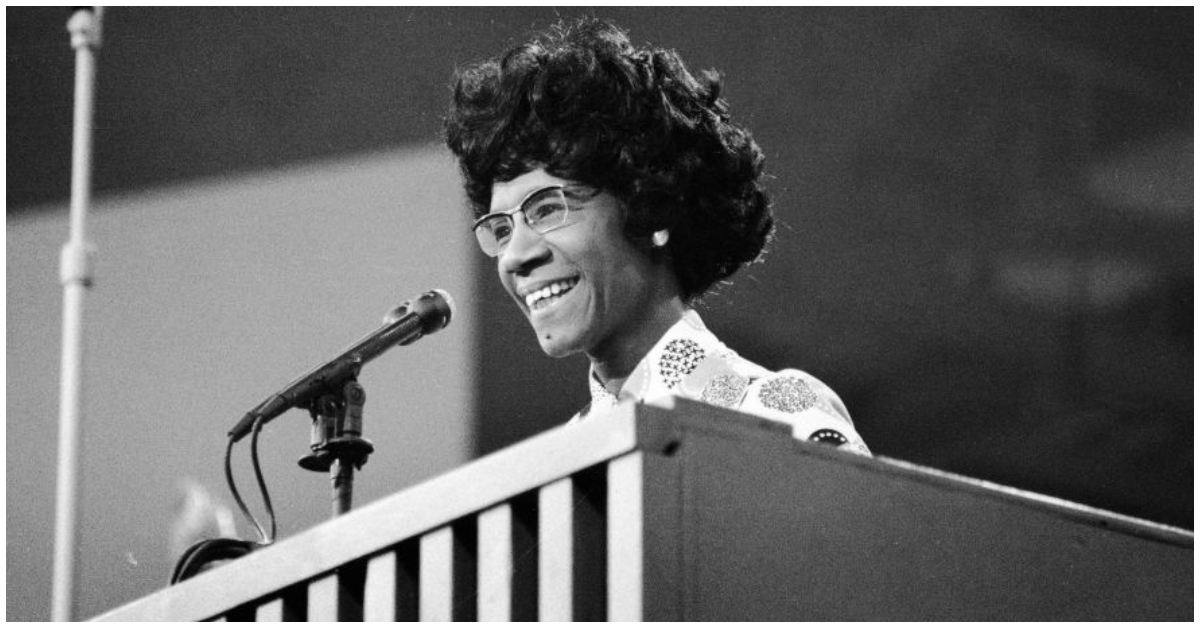Early Life and Education
Shirley Anita St. Hill Chisholm was born on November 30, 1924 in Brooklyn, New York to immigrant parents from Barbados and Guyana.
She graduated cum laude from Brooklyn College in 1946, winning debate team prizes. Although professors suggested politics, she felt being both Black and female was a “double handicap.”
Chisholm worked as a nursery school teacher while earning a master’s degree in early childhood education from Columbia University in 1951. She married Conrad Q. Chisholm in 1949 (they divorced in 1977).
Launching a Political Career
Deeply aware of racism and sexism, Chisholm became involved locally with groups like the NAACP. In 1964, she broke barriers by becoming the second African American elected to the New York State Legislature.
Just four years later in 1968, Chisholm made history again by winning a Congressional seat, becoming the first African American Congresswoman. The pioneering lawmaker introduced over 50 pieces of legislation focused heavily on aiding minorities, women, and the poor.
1972 Presidential Run: “Unbought and Unbossed”
By 1971, Chisholm was an established national figure. That year she co-founded both the Congressional Black Caucus and the National Women’s Political Caucus.
In January 1972, she launched a long-shot Democratic presidential bid with the slogan “Unbought and Unbossed” – highlighting her fiercely independent spirit. She was the first African American to pursue the nomination from a major political party.
Chisholm’s campaign immediately confronted racism and sexism. She had to file lawsuits to earn the right to even participate in candidate debates. Drawing passionate crowds nonetheless, she campaigned in multiple state primaries, ultimately capturing 10% of delegates’ votes at the national convention.
Continuing Impact as a Catalyst
Although Senator George McGovern secured the 1972 nomination, Chisholm’s trailblazing presidential run carried a lasting impact. She helped inspire greater participation by groups historically excluded from high office.
Chisholm served seven influential Congressional terms before retiring in 1983. She remained a powerful voice through teaching roles and co-founding the National Political Congress of Black Women. Of her barrier-breaking career, Chisholm said “I want to be remembered as a woman who dared to be a catalyst of change.”





